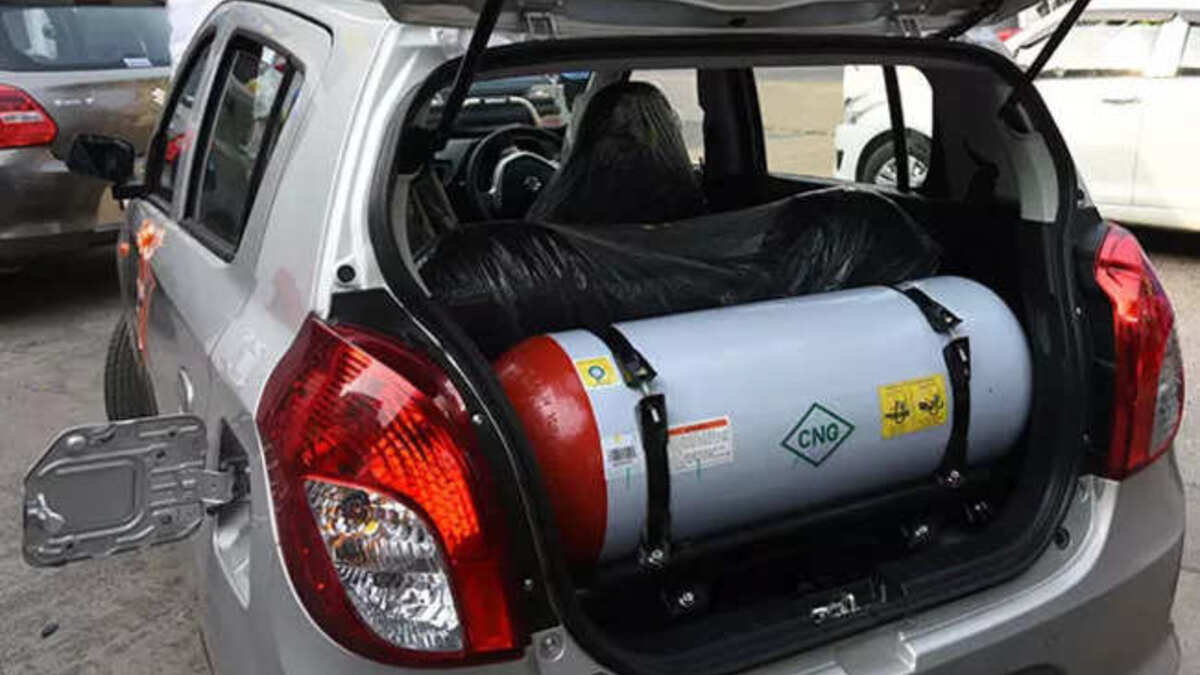BUSINESS

FEDERAL GOVERNMENT’S GAS VEHICLE PROJECT FACES NATIONWIDE SETBACK ₦785.6BN INVESTMENT AT RISK
Key Highlights:
- Severe lack of refilling stations, conversion centers
- CNG buses and equipment lying idle across states
- Some users reverting to petrol
- State-by-state reviews reflect same pattern
- Gas distribution challenges in the North
- Presidential CNG Initiative says setbacks are temporary
By Soni Daniel, Emma Ujah, Emma Amaize, Ediri Ejoh, and others
The Federal Government's initiative to transition Nigeria’s transport system from petrol to Compressed Natural Gas (CNG) has hit a major roadblock, threatening the sustainability of the ₦785.6 billion investment.
Industry stakeholders, speaking with Financial Vanguard, say early enthusiasm has been dampened by fuel supply issues and a severe lack of infrastructure. With only a handful of operational refilling stations and conversion centers nationwide, many users are abandoning CNG and returning to petrol.
Nationwide Infrastructure Deficiency
Despite policy incentives such as VAT exemptions on CNG kits and President Bola Tinubu’s directive to adopt CNG vehicles across MDAs, the scheme’s rollout has been inconsistent. Long queues at limited CNG stations, especially in major cities like Abuja and Lagos, have become routine. In many states, the scheme is either absent or barely functioning.
While the government funded free conversion kits for one million commercial vehicles and assured Nigerians of cheaper public transport, delays in license approvals for CNG stations and suspected sabotage by petrol market stakeholders are reportedly undermining progress.
Users Express Frustration
Commercial drivers, especially in the North and the FCT, report spending up to six days in queues. For instance, truck drivers operating along the Abuja-Keffi corridor lament that while petrol stations are abundant, only one non-functional CNG station exists on that stretch.
Motorists, such as public servant Mr. Longe Lege, report reverting to petrol despite CNG’s cost advantage due to the stress of accessing the product. Others, like taxi driver Ahmed Kunle, confirm spending eight hours at a single refueling stop.
Currently, only 11 CNG stations serve Abuja, with just three operating reliably. Nationwide, there are only 45 stations—grossly insufficient to meet demand.
Lagos and South Challenges
In Lagos, CNG supply is also inconsistent. Stations in Ikeja, Mushin, and Apapa often run out of stock, and equipment for new conversions is scarce. While private dealers offer kits, they are not subsidized, making adoption costlier.
In the South East, the initiative is only just taking root. Enugu State has procured 50 CNG buses, with 50 more expected. Ebonyi has also purchased buses, though numbers remain unspecified. Meanwhile, Abia State plans to focus on electric buses instead, and Anambra’s local vehicle manufacturer Innoson is producing CNG vehicles—though state uptake is low.
South-South Lags Behind
In Nigeria’s gas-rich South South region, the program is virtually non-existent. States like Bayelsa, Delta, and Akwa Ibom have seen no deployment of CNG buses. Labour leaders and residents say the program hasn’t taken off, with many hearing of CNG vehicles for the first time.
Local transport unions in Bayelsa and Delta confirm no federal CNG vehicles have been received, and most commuters continue to rely on petrol-based transport.
Government Response
The Presidential CNG Initiative acknowledges these challenges but insists that the program remains on course. Stakeholders point to ongoing efforts to scale infrastructure and improve supply, while urging Nigerians to be patient.
"This represents a significant development in our ongoing coverage of current events."— Editorial Board









